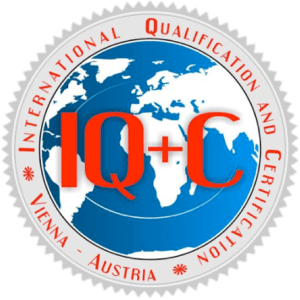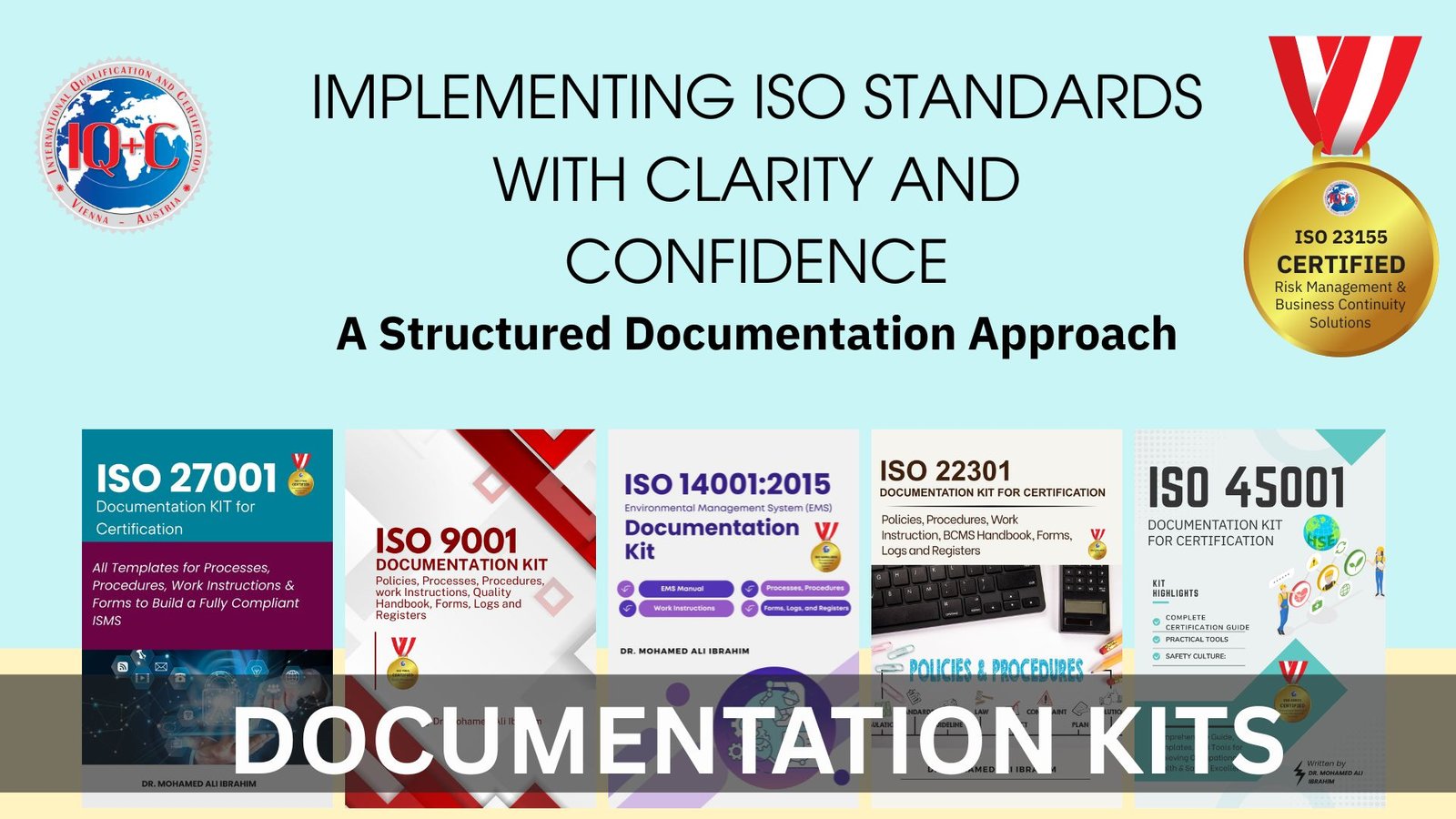As businesses increasingly operate across global markets, the need for streamlined compliance has never been greater. The harmonization of ISO standards is emerging as a critical solution, simplifying how organizations meet multiple requirements across different regions and sectors.
By aligning key standards, such as ISO 9001 (Quality Management) with ISO 14001 (Environmental Management) and ISO 45001 (Occupational Health and Safety), companies can now implement cohesive compliance strategies that reduce complexity and improve efficiency.

🌟 What is Harmonization?
Harmonization refers to the integration and alignment of various ISO standards, creating a more unified approach to compliance. Instead of managing each standard in isolation, organizations can now develop integrated management systems that cover quality, environmental, health, safety, and security requirements.
🚀 Benefits of ISO Harmonization:
- Streamlined Audits: Fewer audits are needed when multiple standards are integrated, saving time and resources.
- Improved Efficiency: Overlapping processes can be consolidated, reducing redundancy and boosting productivity.
- Enhanced Consistency: A unified approach ensures consistency in compliance across various operational areas, enhancing overall performance.
- Risk Reduction: By managing risks comprehensively, organizations can respond more effectively to emerging challenges in both the operational and regulatory environments.
🌍 Harmonization in Action:
For example, aligning ISO 9001 with ISO 14001 allows organizations to focus on both quality management and environmental sustainability without duplicating efforts. Similarly, integrating ISO 45001 ensures that employee health and safety are prioritized alongside operational excellence.
This comprehensive approach also supports corporate sustainability initiatives, as companies can streamline their environmental, social, and governance (ESG) goals within a single management system.
🔮 The Future of Compliance:
Harmonization represents the future of compliance. As more organizations adopt this integrated approach, we will see greater efficiency, stronger governance, and enhanced resilience across industries. The flexibility offered by harmonized standards also makes it easier for organizations to adapt to new regulations, market changes, and technological advancements.
Curious about how ISO harmonization can transform your compliance strategy?
Let’s discuss how you can future-proof your organization.
Book a Free Consultation today:
https://calendly.com/dr-ibrahim
Your Senior Lead Auditor for ISO Standards,
Dr. Mohamed-Ali Ibrahim




Leave A Comment